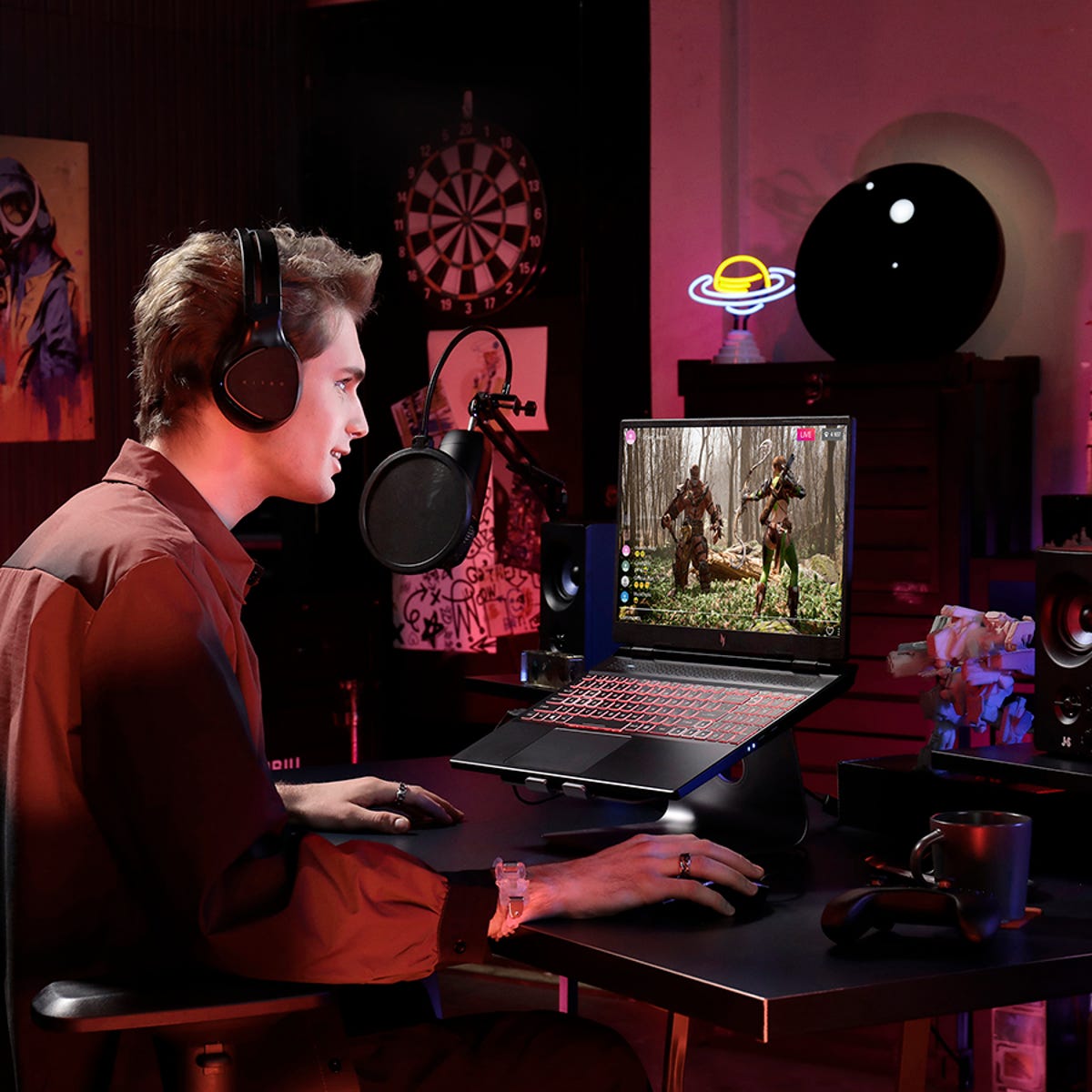
For those seeking a laptop capable of meeting their gaming demands, the temptation to opt for a reputable brand like Acer may arise. However, simply relying on the brand name does not suffice in determining a laptop’s suitability for gaming. An in-depth analysis of the specifications is necessary, including the processor, graphics card, memory, storage, and battery life. These factors heavily impact a laptop’s ability to run desired games and its endurance without overheating or power depletion.

To gauge a laptop’s gaming capabilities, a comparison between its specifications and the minimum and recommended requirements of desired games is necessary. These requirements can typically be found on official game developer websites or online platforms like Steam or Epic Games. For instance, Cyberpunk 2077 requires a laptop with at least an Intel Core i5-3570K or AMD FX-8310 processor, 8 GB of RAM, an NVIDIA GeForce GTX 970 or AMD Radeon RX 470 graphics card, 70 GB of SSD storage, and Windows 10 operating system. These are the minimum requirements, meaning the game can run at lower settings and resolution. For a more enjoyable gaming experience at higher settings and resolution, a laptop with better specifications is necessary, such as an Intel Core i7-4790 or AMD Ryzen 3 3200G processor, 12 GB of RAM, an NVIDIA GeForce GTX 1060 or AMD Radeon RX 590 graphics card, 70 GB of SSD storage, and Windows 10 operating system.

However, these requirements are subject to change as game developers release updates or patches that can improve or alter game performance. Therefore, it is advisable to leave some room for flexibility when selecting a gaming laptop. This involves opting for a laptop with slightly higher specifications than the recommended requirements of desired games. This way, you can fully immerse yourself in the games at optimal performance.






